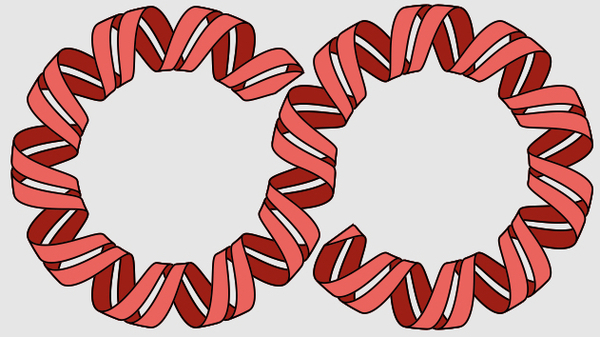Abstract
Eukaryotic transcription factors (TFs) form complexes with various partner proteins to recognize their genomic target sites. Yet, how the DNA sequence determines which TF complex forms at any given site is poorly understood. Here, we demonstrate that high-throughput in vitro DNA binding assays coupled with unbiased computational analysis provide unprecedented insight into how different DNA sequences select distinct compositions and configurations of homeodomain TF complexes. Using inferred knowledge about minor groove width readout, we design targeted protein mutations that destabilize homeodomain binding both in vitro and in vivo in a complex-specific manner. By performing parallel systematic evolution of ligands by exponential enrichment sequencing (SELEX-seq), chromatin immunoprecipitation sequencing (ChIP-seq), RNA sequencing (RNA-seq), and Hi-C assays, we not only classify the majority of in vivo binding events in terms of complex composition but also infer complex-specific functions by perturbing the gene regulatory network controlled by a single complex.

